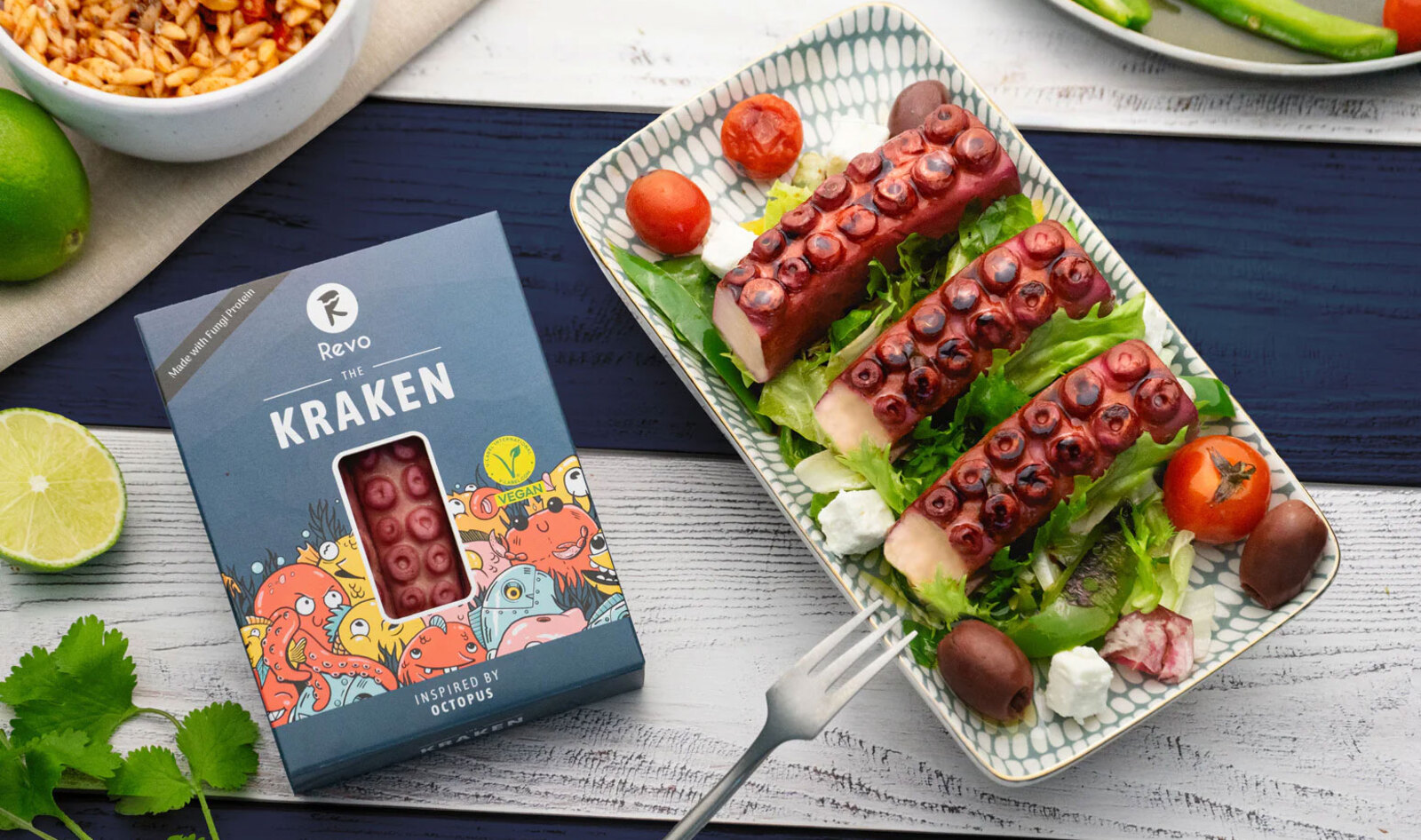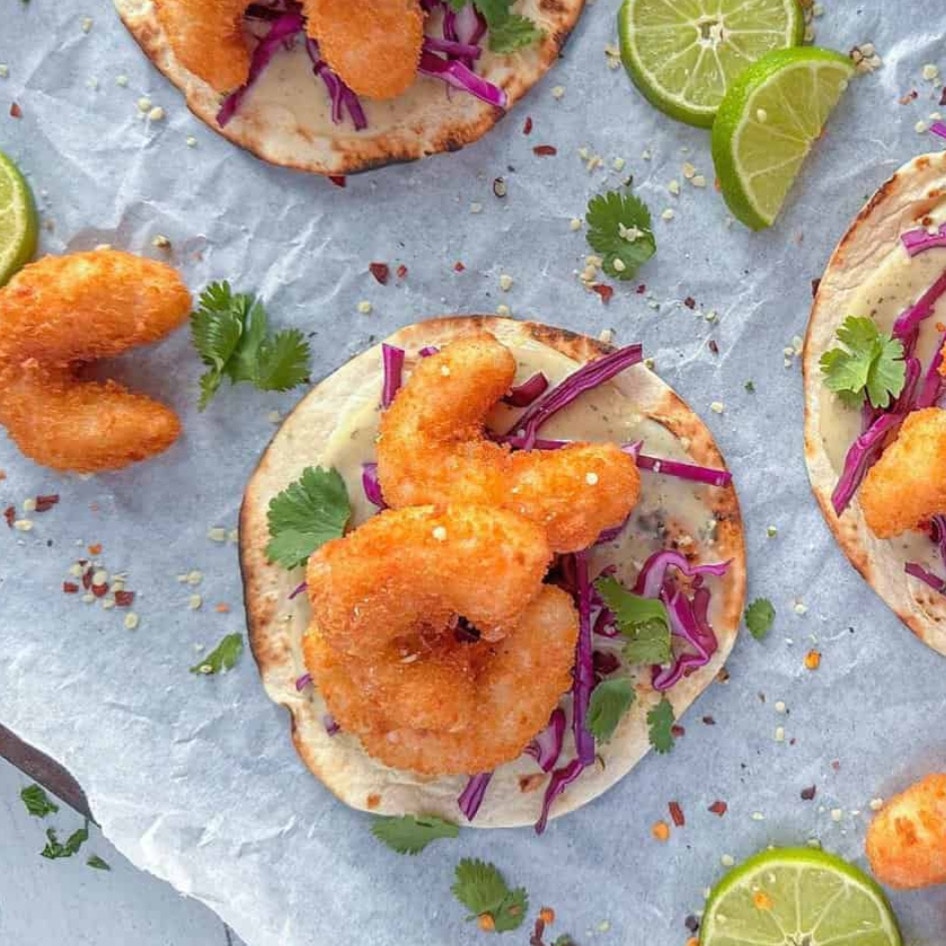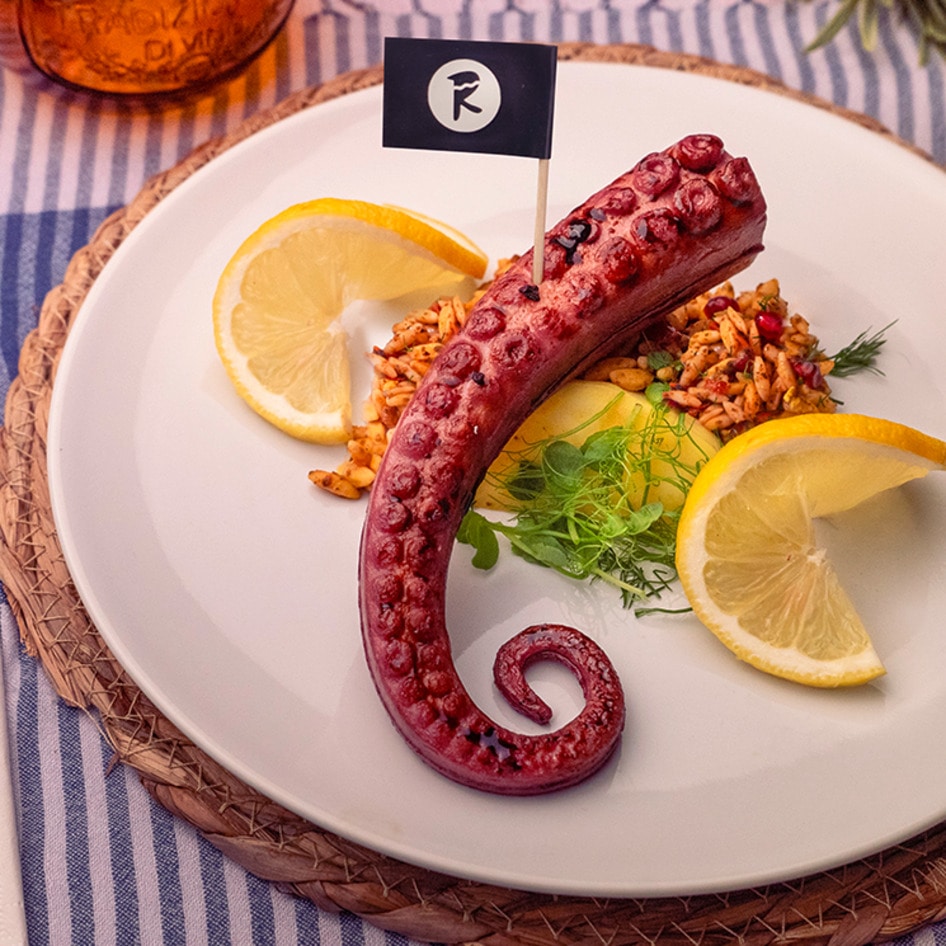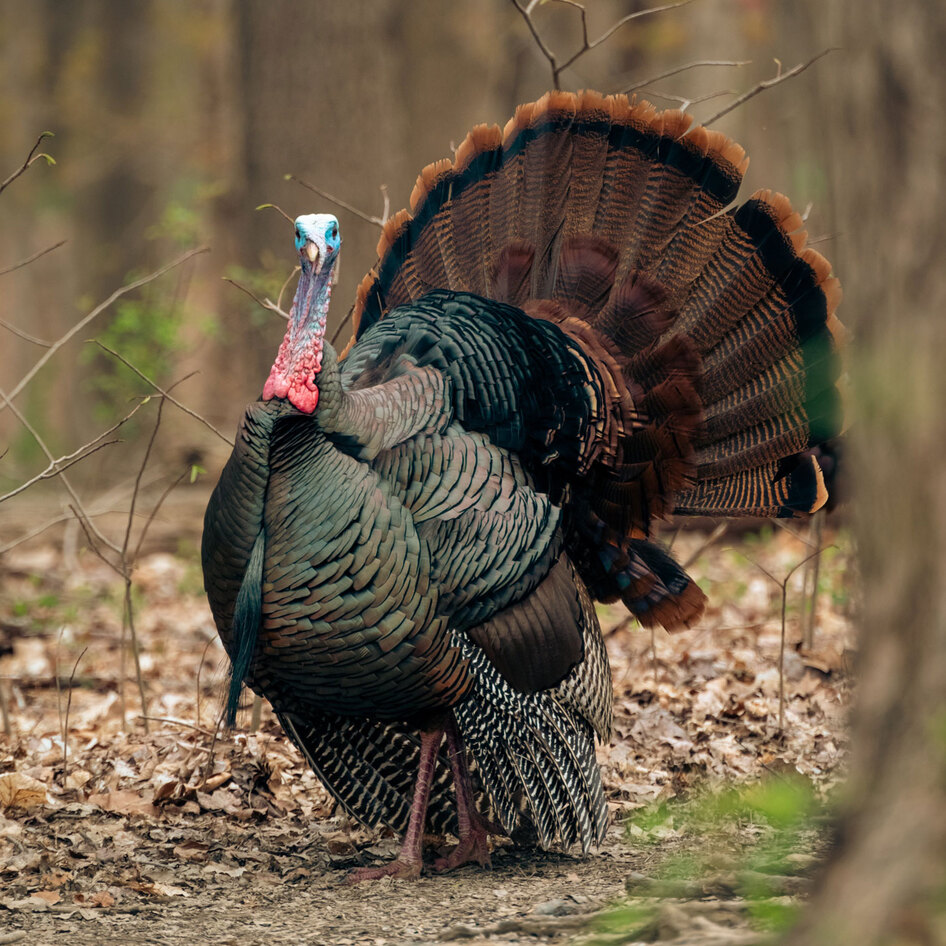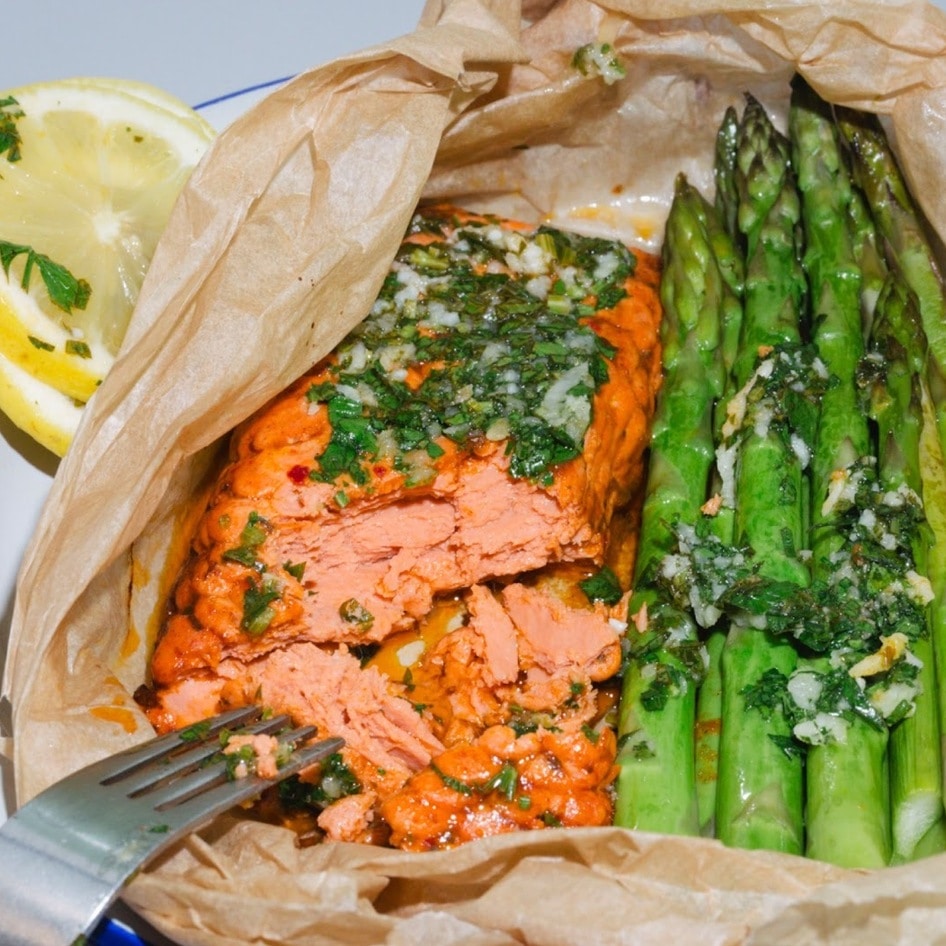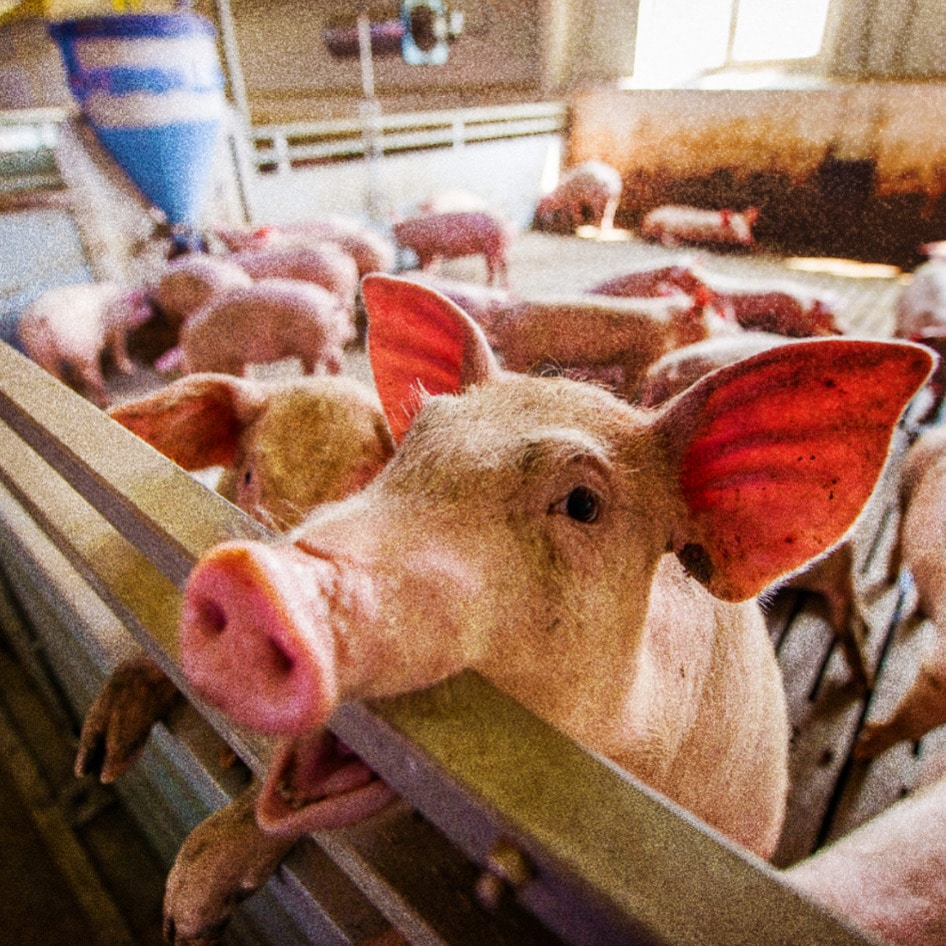Octopuses are recognized for their extraordinary intelligence, demonstrated through behaviors such as tool use, problem-solving, and complex navigation abilities. These invertebrates have complex nervous systems that allow them to experience pain, stress, and, potentially, even emotions, raising significant ethical questions about their consumption and captivity conditions.
These behaviors have fostered a global appreciation for octopuses, further highlighted by the 2020 Netflix documentary My Octopus Teacher, which showcases the profound connection between filmmaker Craig Foster and an octopus in a South African kelp forest.
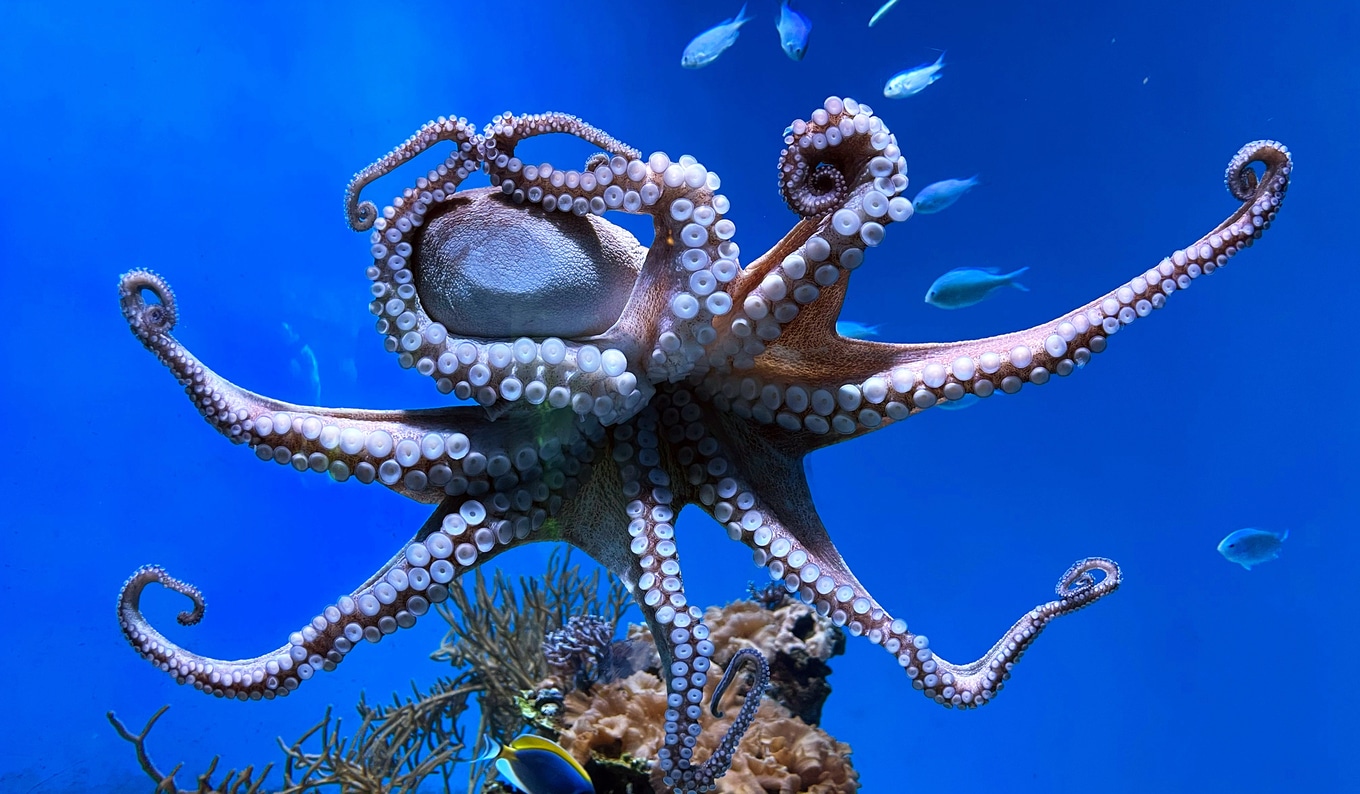 Pexels
Pexels
In response to growing evidence of their sentience, the United Kingdom extended new protections to octopuses under its Animal Welfare (Sentience) Bill in 2021, recognizing them as sentient beings capable of feeling pain.
Given their advanced cognitive abilities and need for stimulating environments, the ethics of octopus farming and consumption are increasingly under scrutiny.
The controversy surrounding plans by the Spanish seafood company Nueva Pescanova to open the world’s first octopus farm, capable of slaughtering up to one million animals annually, has brought to light the potential animal welfare disaster inherent in such industrial-scale operations.
Issues of cannibalism, aggression, and the anticipated 10- to 15-percent mortality rate due to stress and unnatural living conditions have raised significant ethical concerns.
As tensions mount, both food innovators and state legislators are doing something to stop the slaughter of these intelligent beings.
The rise of the vegan Kraken
As legend dictates, the Kraken is a giant squid or octopus with a taste for human flesh. In reality, humans have a taste for octopus at an alarming rate, catching approximately 420,000 metric tons every year.
Revo Foods, a Vienna-based vegan food-technology startup, is launching a new product to flip this script.
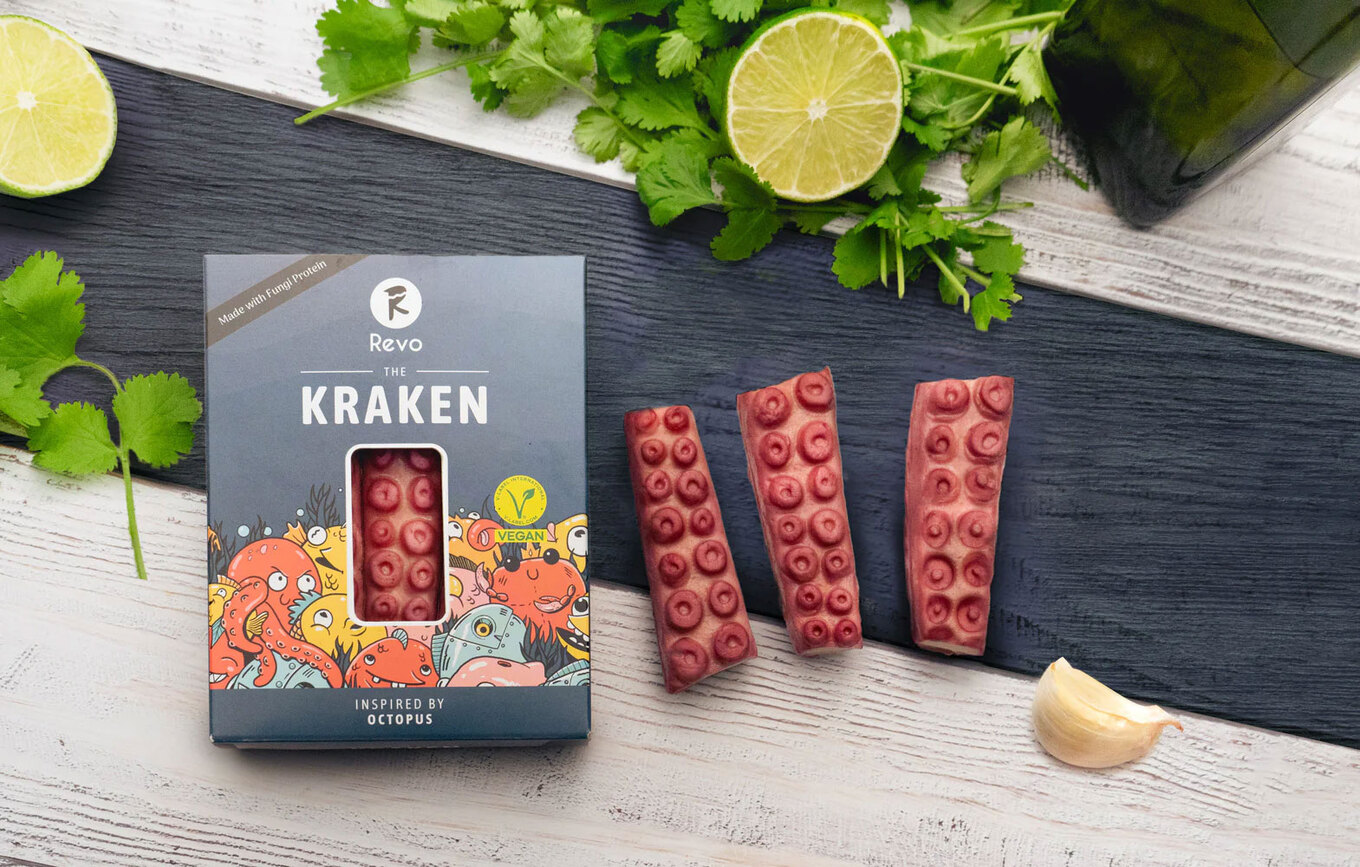 Revo Foods
Revo Foods
The Austrian startup has been at the forefront of developing ultra-realistic vegan seafood alternatives, utilizing 3D-food-printing technology to replicate the eating experience of seafood without the environmental and ethical consequences.
Following its successful unveiling of the first whole-cut vegan salmon filets made from algae and pea protein, Revo Foods is giving seafood lovers a new alternative: The Kraken.
This sea-friendly product is crafted using a combination of mycoprotein and 3D-printing technology—which has two pending patents—to mimic the texture and taste of octopus tentacles, offering a sustainable and cruelty-free alternative.
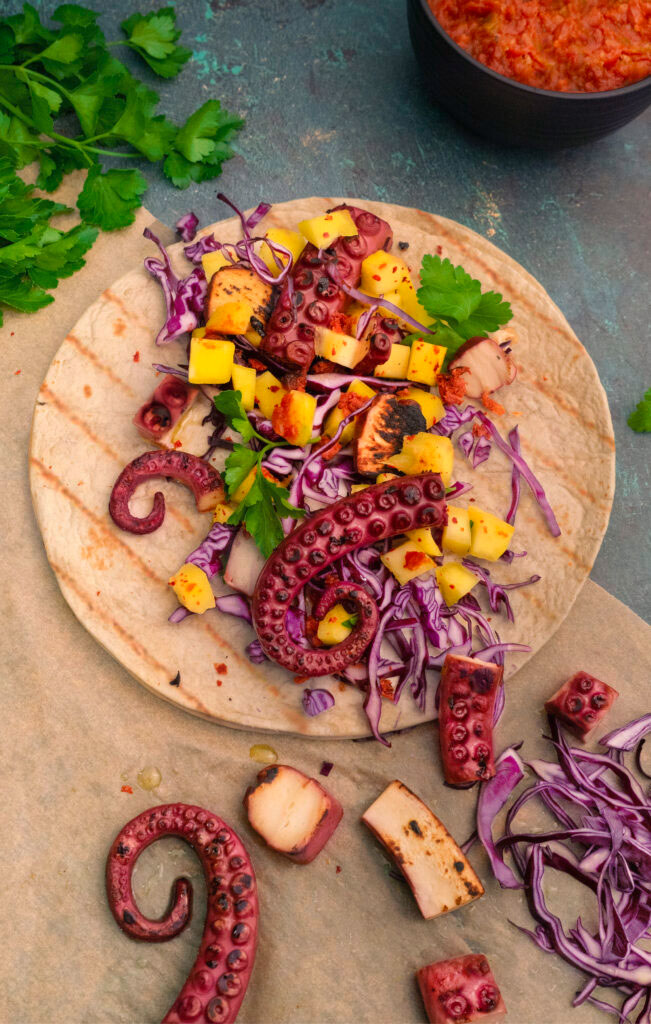 Revo Foods
Revo Foods
The development of The Kraken was propelled by a crowdfunding campaign that successfully raised €1.1 million ($1.2 million) of a €1.5 million ($1.6 million) target, demonstrating significant consumer interest in this particular food innovation.
“The inspiration to create The Kraken came from the fact that there are no existing alternatives, as well as its ‘super unique’ appearance,” Revo Foods CEO Robin Simsa said in a statement.
Revo Foods’ scientific team has dedicated more than two years to researching new process technologies and ingredient compositions. This dedication has resulted in the development of “generation 2.0” products, such as The Kraken and the whole-cut vegan salmon, which both feature a rich nutritional profile with high protein content and omega-3 fatty acids.
Washington bans octopus farming
Recently, Washington State has taken a definitive stance against octopus farming. This month, Governor Jay Inslee signed HB 1153 into law, making Washington the first state in the US to ban octopus farming.
This legislation received robust bipartisan endorsement, passing the Senate with a 29-20 vote and the House Floor with 70 yeas, 27 nays, and 1 excused.
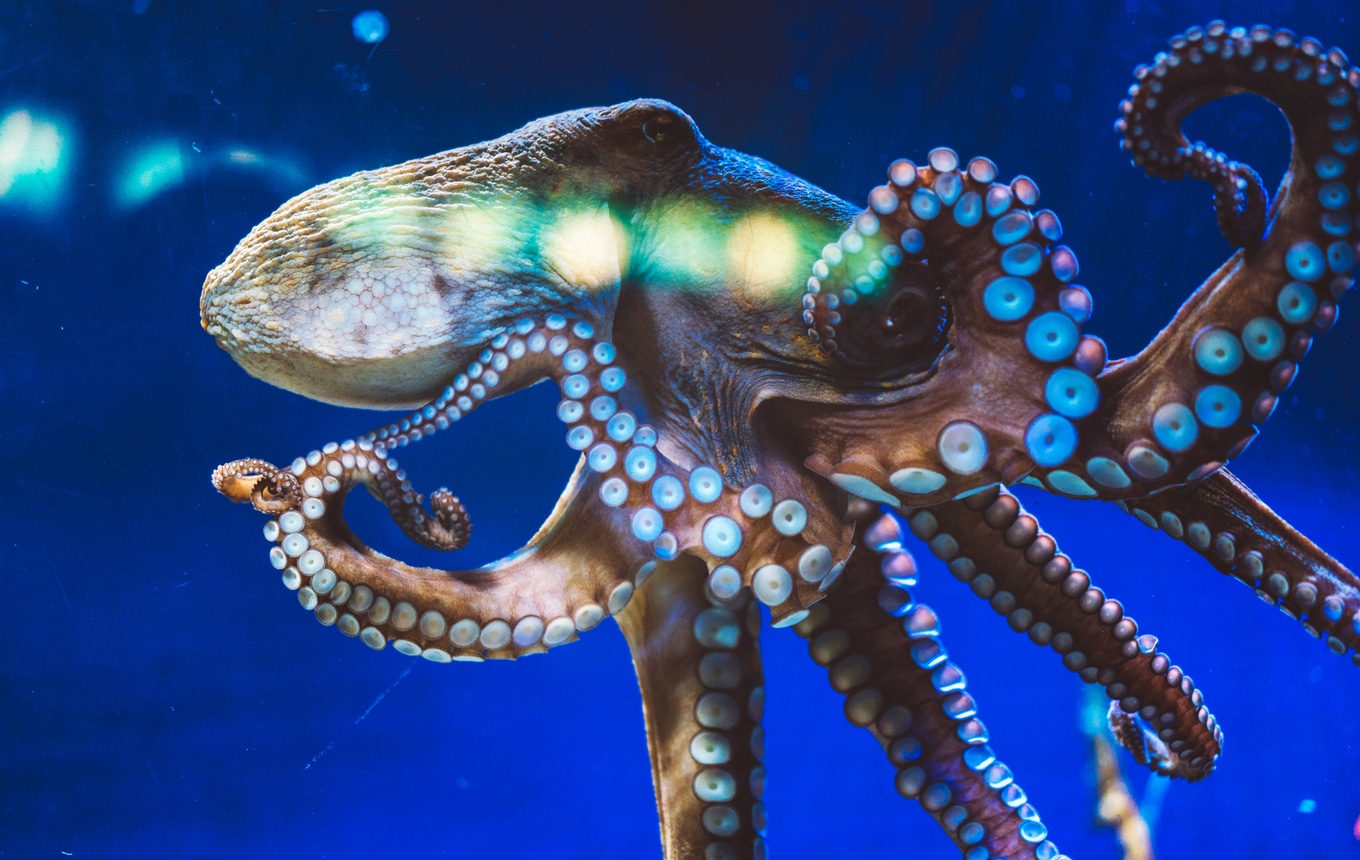 Getty
Getty
The Aquatic Life Institute (ALI), with the backing of more than 140 organizations within the Aquatic Animal Alliance (AAA), played a crucial role in advocating for this bill, submitting multiple letters outlining concerns and urging legislators to support the historic legislation.
The need for such legislation stems from the complex nature and intelligence of octopuses, who suffer greatly in captivity due to their solitary and inquisitive nature. The farming practices, including the lack of approved humane slaughter methods and the unsustainable environmental impact, make octopus farming a concerning prospect.
“Aquatic Life Institute applauds Governor Inslee’s leadership on this critically important issue of environment and animal welfare,” Sophika Kostyniuk, ALI Managing Director, said in a statement.
“Washington State is laying the path to a more sustainable and humane future,” Kostyniuk said.
While Washington state is a major victory, ALI and its partners are continuing to advocate for the ban of octopus farming worldwide. For its part, Revo is continuing to bring innovation into the alternative seafood space with the hopes of making sure that octopuses, giant squids, and their kin do not become the stuff of legend.
For more plant-based stories like this, read:
JUMP TO ... Latest News | Recipes | Guides | Health | Subscribe

